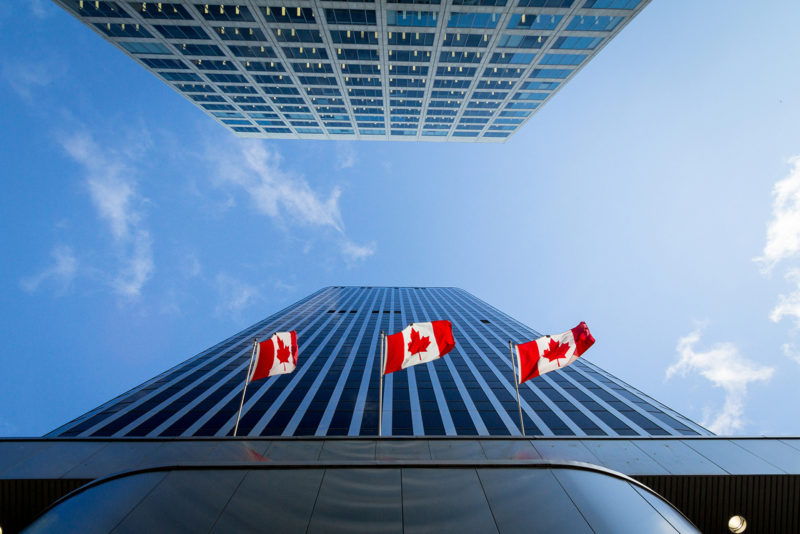At What Point Can Trademark Owners Claim Damages When a Registered Mark Infringes?
Under section 19 of the Canadian Trademarks Act, “… the registration of a trademark in respect of any goods or services, unless shown to be invalid, gives to the owner of the trademark the exclusive right to the use throughout Canada of the trademark in respect of those goods or services.” (our emphasis) That exclusive right is said to be infringed if another person, among other things, sells goods in association with a confusingly similar trademark or trade name. (s. 20(1)(a)) The owner can then institute legal proceedings against the allegedly infringing party (s. 52 ff) and, if they are successful, obtain monetary compensation or other remedies.
But what happens if a registered trademark is later expunged and the use of that mark is held to be infringing another trademark owner’s trademark rights? When does the protection of section 19 cease? In other words, when can another registered trademark owner obtain damages for that infringing use?
Continue reading »





